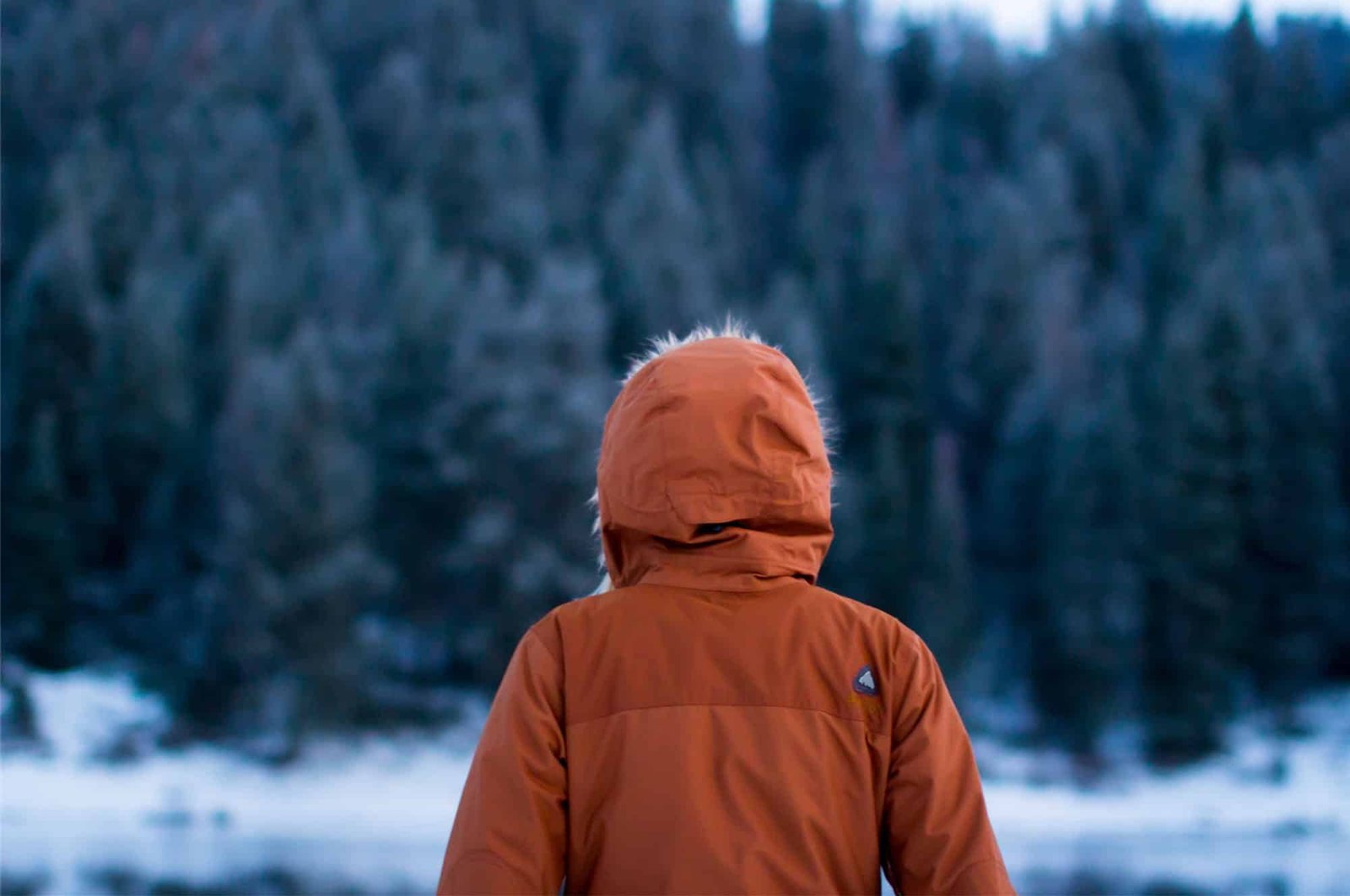Deer hunting has long been a cherished tradition in Michigan, connecting generations of hunters with the state’s rich natural landscapes.
However, recent trends indicate a notable decline in the number of hunters, raising concern among wildlife conservationists, hunters, and policymakers alike.
To tackle these pressing issues, the Lunch Break event hosted by Bridge Michigan gathered a panel of experts and seasoned deer hunters to shed light on the obstacles and potential solutions in reviving the sport.
Moderated by seasoned reporters Kelly House and Janelle James, the event delved deep into the decline of hunting participation, the implications of increasing deer populations, emerging regulations, and the prevalence of diseases affecting deer.
With insights from advocates and wildlife management organizations, the discussion offered a comprehensive look at the landscape of deer hunting in Michigan and fostered a collaborative environment aimed at igniting renewed interest in this time-honored practice.
Key Takeaways
- Deer hunting in Michigan is facing a decline due to fewer hunters and rising deer populations.
- Solutions discussed at the Lunch Break event included adjusting regulations and promoting venison donation.
- Ongoing discussions on deer hunting trends will continue to address pressing wildlife management issues in Michigan.
Current Challenges Facing Deer Hunting in Michigan
Deer hunting in Michigan has long been a cherished tradition, but current challenges threaten to redefine this beloved activity.
During the recent Lunch Break event hosted by Bridge Michigan, panelists including seasoned hunters and wildlife management representatives discussed crucial trends affecting hunting in the state.
With a noticeable decline in the number of hunters, coupled with an increasing deer population, effective management has become more important than ever.
Moreover, emerging health issues among deer, such as Chronic Wasting Disease (CWD), further complicate the landscape.
Regulatory changes aim to address these issues, but there is a pressing need to revitalize public interest in deer hunting.
The panel brainstormed solutions, emphasizing initiatives like the promotion of venison donation programs and exploring regulatory adjustments to make hunting more accessible.
The Lunch Break series, which facilitates discussions on vital state issues, will continue to engage communities and tackle such critical topics, including a post-election event scheduled for November 6, 2024, ensuring that Michigan’s deer hunting legacy is preserved for future generations.
Strategies for Revitalizing Interest in Deer Hunting
Engaging the younger demographic is crucial for revitalizing interest in deer hunting.
Education and outreach programs can introduce kids and teens to the sport, presenting it as not only a recreational activity but also a means to connect with nature and build valuable life skills.
Schools and community organizations can partner with experienced hunters to conduct workshops, offering hands-on experiences that instill respect for wildlife and conservation.
Additionally, leveraging social media campaigns showcasing the benefits of hunting—such as promoting sustainable practices and the health benefits of venison—can attract a modern audience.
By framing deer hunting as a responsible and enriching lifestyle choice, advocates can inspire a new generation of hunters who will carry on the age-old tradition while addressing contemporary challenges.










